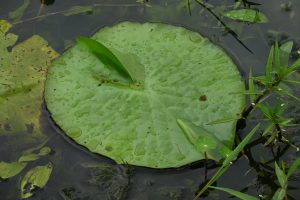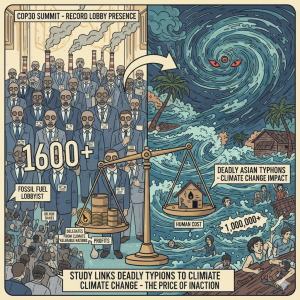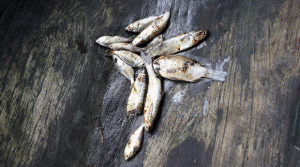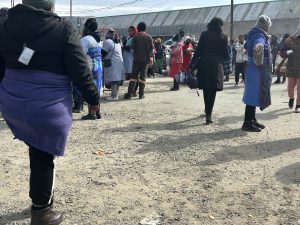
African Development Fund Awards $9.48 Million Grant to Boost Climate Resilience in Sahel Wetlands
By Water Journalists Africa The African Development Fund (ADF), a part of the African Development Bank Group, has approved a $9.48 million grant for a

By Water Journalists Africa The African Development Fund (ADF), a part of the African Development Bank Group, has approved a $9.48 million grant for a

A record number of fossil fuel lobbyists are at the COP30 climate summit in Belém, Brazil, according to new analysis by Kick Big Polluters Out.

Paying the Price Paying the Price How a Lesotho water project is caught between U.S. and China, with locals paying the price Maloraneng village lies

By AnuOluwapo AdelakunPulitzer Center Grantee/ West Africa Editor for Water Journalists Africa.Bodo, Rivers State, Nigeria. Nombare Tabu sets his trap in Bodo Creek every other

By AnuOluwapo AdelakunPulitzer Centre Grantee/West Africa Editor for Water Journalists Africa Rivers State, Nigeria The water from Comrade Noble Nwolu’s house borehole smells like crude

This story by Pascalinah Kabi was produced with support from Bertha Foundation Impact Fund. In the small southern African kingdom of Lesotho, leaders of the

Innocent Agonza A young student from Jinja, eastern Uganda is getting a lot of attention around the world after winning a top award in a

Two big international groups, the International Fund for Agricultural Development (IFAD) and the United Nations Office for Project Services (UNOPS), are teaming up with the

Communities around East Africa’s Mount Elgon find resilience in groundwater

With a singular focus on plastic pollution and its effect on water bodies, this project investigates the origin, impact, and solutions to plastic pollution in specific areas of the Western Rift Valley lakes.

What does the future hold for the basin’s lifeline amidst rampant plastics pollution?

Healed by the sun: Solar energy lights the way for quality rural health in East Africa during Covid-19

The effects of potential oil spills and infrastructure development in the ecologically sensitive Albertine Region, which contributes 30% of Uganda’s fish stocks.



During dry spells, the rivers and streams in Karamoja region dry and valley dams including Kobebe go silent as communities seek alternative water sources. All that remains of the one-time flooded areas is sand.


Covid-19 threatens to reverse fragile gains in wildlife conservation in East Africa













